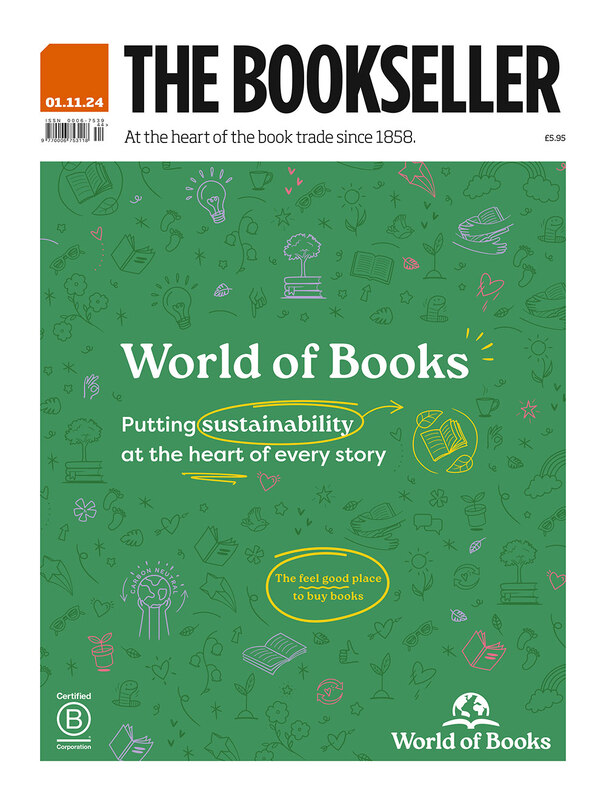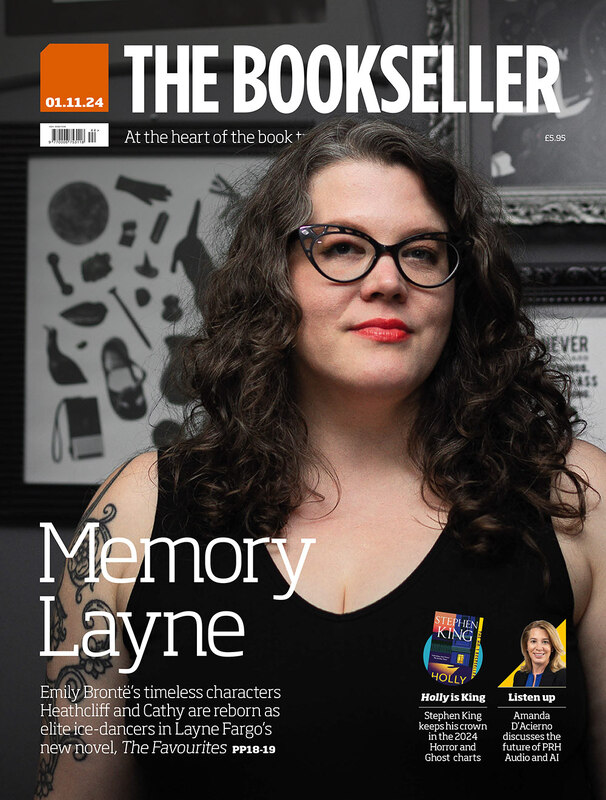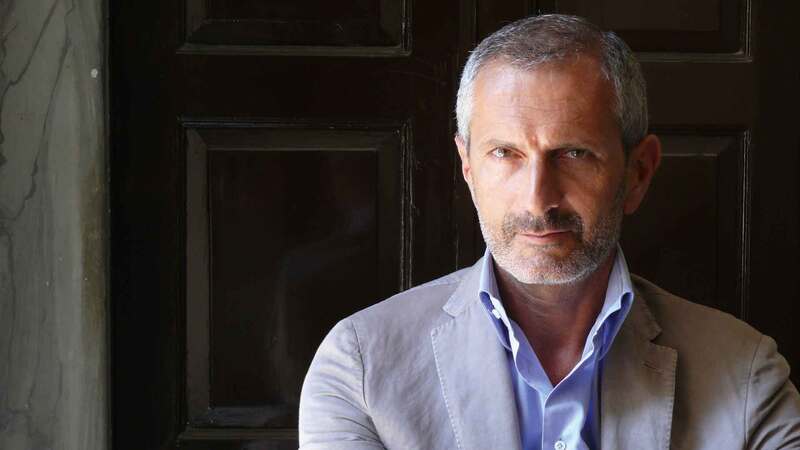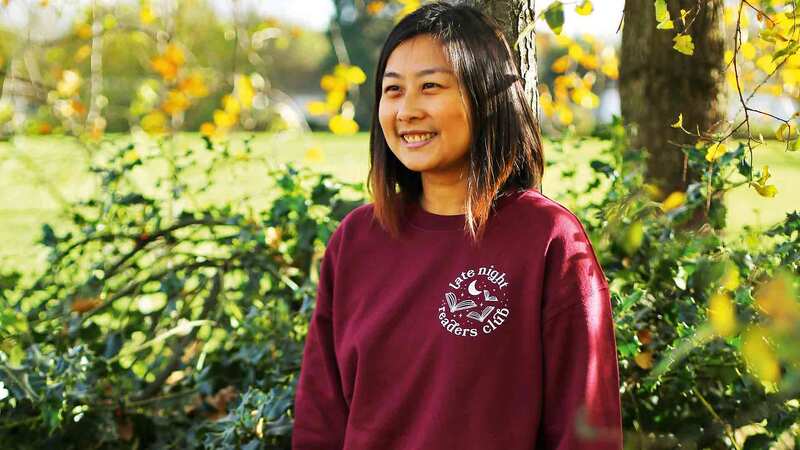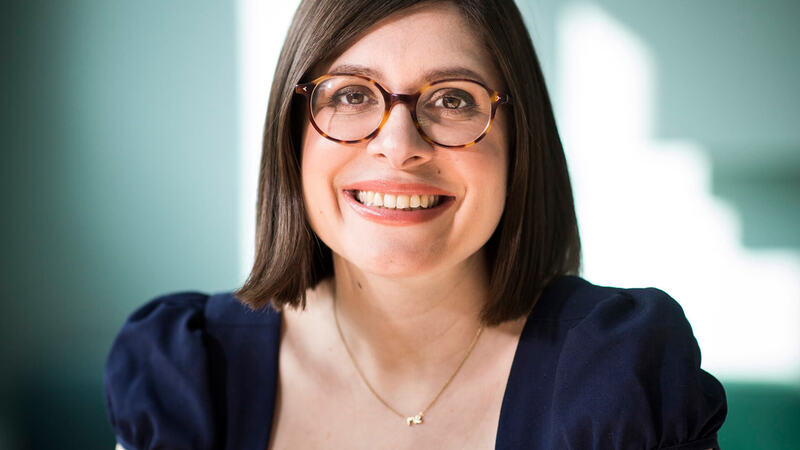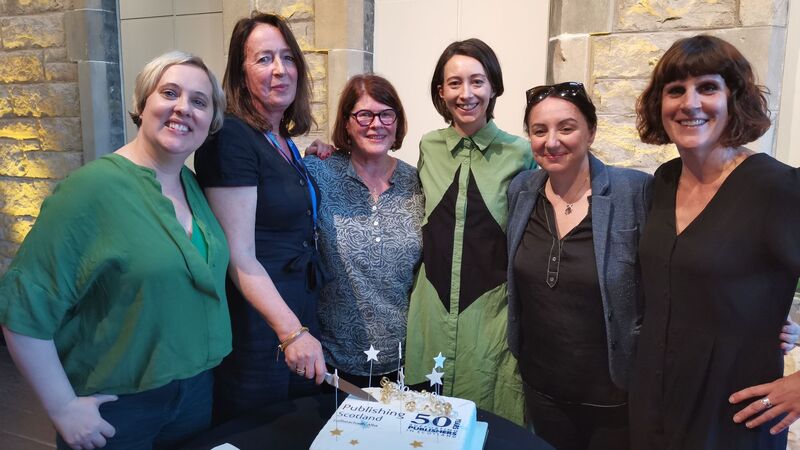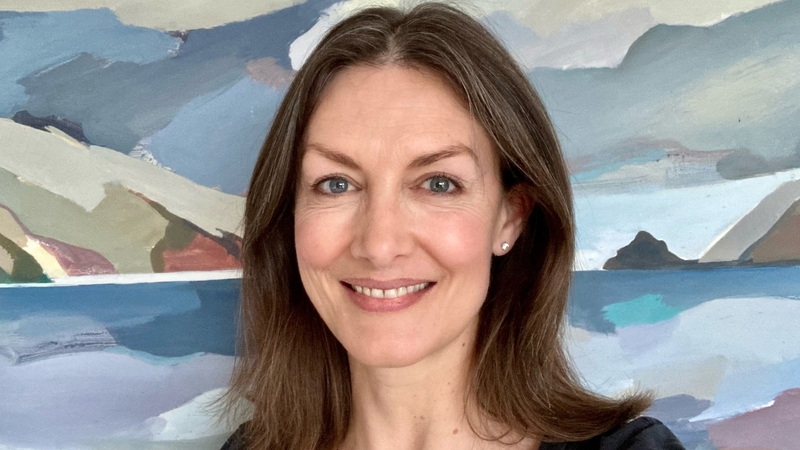You are viewing your 1 free article this month. Login to read more articles.
Translator Derbyshire proud to represent the collegiate cross-border community
The London Book Fair was due to recognise the work of translators yet again, and before its postponement had anointed Katy Derbyshire its second Translator of the Fair. She reveals the highs and lows of the job
The cancellation of this year’s London Book Fair may have one silver lining for Katy Derbyshire, despite her being denied the chance to fulfil her duties as Literary Translator of the Fair. “I think the main thing it involved, which I was a bit scared about, was having a larger-than-life poster of my face outside Olympia London,” she says.
It was due to be the second time that someone has taken on the position (last year, the honour went to Singaporean translator, playwright, novelist and essay-writer Jeremy Tiang), and British-born Derbyshire was certainly a worthy recipient of the honour. An award-winning translator of German literature who has served on prize judging panels, she has also been a vocal supporter of the Women in Translation movement, and was instrumental in establishing the Warwick Prize for Women in Translation.
Posters aside, Derbyshire was due to be in conversation with comedian and writer Shappi Khorsandi on the fair’s Wednesday afternoon, and speaking on other panels. She says she had hoped “to raise the profile of translators and translation”, and described the fair’s Literary Translation Centre as a “haven for translators and the publishers we work with”. The fair’s cancellation has denied the Berlin- based author the important opportunity to meet with her British publishers under one roof, as well as “a lovely opportunity to meet other translators”.
According to Derbyshire, literary translation is “a very supportive part of the industry, because I think sometimes we feel a little bit like underdogs. Obviously we compete and we’re in the running for the same awards, but if we get offered a translation of a book and we can’t do it, we’re all happy to pass it on to someone else. It’s different to writing in that we can fairly often work together on the same project, so it makes for a lot of mutual support.”
Berlin call
Following a Bachelor’s degree in German Studies and a move to Berlin, Derbyshire began working in commercial translation 18 years ago, before moving across to literary translation 12 years ago. She says the transition was not an easy one. “It took probably about five years of translating short stories and getting them published in journals—very much like an emerging writer, actually—before I finally got my first translation contract.” During her career, she has seen the profile of literary translation rise and she credits this to the work of independent publishers such as And Other Stories and Tilted Axis.
The literary translation scene still faces challenges, though. For publishers of translated fiction, it is not always possible to get writers over to the UK to promote their books to British audiences. For authors whose works are translated, the crowded marketplace means they are battling for attention on social media with writers who speak perfect English. As Derbyshire puts it: “In that kind of attention economy, it’s a little bit more difficult for translated books and writers.” However, she also points out that translated writers “do have us translators gunning for them, and we are very enthusiastic supporters of the writers that we work with”. Indeed, a key reason why Derbyshire says she loves translating contemporary German writing is the interaction she has with the writers during the translation process and when taking part in events together.
More broadly, translators face similar issues to others in the book trade. Derbyshire says: “I think with translation, as with most of publishing, it really helps if you’re in London. But not many people can afford to live there on what a translator earns. The issues are very similar to publishing in general—if you’re in Leeds, for example, and you don’t have the contacts, it’s going to be more difficult for you to break into the industry.”
Making women heard
Derbyshire has been particularly vocal in the discussion around the gender imbalance in what gets translated. She says: “Women writers are less visible in reviews and it would appear that in literary fiction—certainly in Germany—fewer women get published in the first place, and it’s mostly literary fiction that gets translated. All these factors figure in to the fact that only about a quarter to a third of published translations were originally written by women, which is frankly odd.” Thus, the Warwick Prize for Women in Translation was set up. “A prize seemed like a really positive way to talk about this imbalance, but also to talk about the amazing writing that does get into English by women.”
Brexit is also a concern for Derbyshire, although she remains “hopeful” that readers will still be open to reading work from other countries. It was her worries about whether she would still be able to work for British publishers, and the fluctuating value of the pound, that led her to pitch the idea of starting an English-language imprint with a German publisher. Indie Voland & Quist Verlag was keen, and the first titles from the new V&Q Books list will launch this autumn. Derbyshire says she is aiming to bring “remarkable” writing from Germany which has a strong voice and a strong sense of place to the UK and Ireland, as well as stories that are “often about outsiders in some way”. She adds: “That’s terrifying and thrilling, because it means that I get to choose what books people get to read. Well, I hope they will read them!”
All in all, Derbyshire is positive about the power of literary translation, especially now that more books are being translated into English from outside Europe. She says: “I think translated fiction genuinely—not each individual title but as a cumulative effect—broadens our mind. As readers, we can identify with and slip into perspectives that we just wouldn’t have come across otherwise... I think that’s a magical power that fiction has in general, but translated fiction makes us open our eyes to the wider world.”


